Nurses providing health care for Agent Orange victims (second generation) at the center.
Unhealed wounds
At the age of 74, Mr. Vu Quoc Ngu (Hac Thanh ward), a soldier who fought and died on the Quang Tri battlefield, has a disability rate of 61%. But the greatest pain he has to bear is not the old wounds, but the burden of being a father and husband who has never had a day of rest.
He lives at the center with his two biological children, both over 50 years old, suffering from the effects of toxic chemicals. Both of them cannot take care of themselves, and all their daily activities require the help of medical staff. His wife, his hard-working partner for many years, has terminal cancer. Before entering the center, he was both a war invalid and the breadwinner of the family: taking care of every meal for his children, taking care of his wife's every pill, and he never had a moment of peace.
“There were times when I thought I was very strong, because I had held a gun and overcome danger. But now, just looking at my child lying still makes me feel incredibly weak,” he said, tears welling up in his eyes. For more than 10 years, he has considered the center as his “last remaining family,” a place where he has a stable place to live, sympathy, and people who patiently share his unnameable pain every day.
Mr. Ho Trung Sy, from Nong Truong commune, was exposed to Agent Orange when he was in his early 20s. He did not expect that the consequences would follow him and his descendants for the rest of his life. His 7 children were all genetically affected, 5 of them and his wife had passed away. In 2017, he brought his 2 remaining children to the center. Both were immobile, speechless, and unconscious.
In 2024, Mr. Sy breathed his last. In the moment of farewell, only his former comrades and the center's staff were quietly by his coffin. "He loved his son so much! Every afternoon, he sat holding his son's hand and sang lullabies in a hoarse voice. Looking at him at that time, no one would have thought that he was a man who had walked through bombs and bullets," a nurse recalled.
Although Mr. Sy is no longer here, the room of his two children is still lit every night, there are still gentle hands changing diapers, wiping their bodies, and feeding them porridge. His love seems to still be around somewhere, present in every gesture of those who continue the work he left behind.
Uncle Vu Hong Ha, a veteran who fought in the Quang Tri battlefield, is another optimist in that shared home. He is over 70 years old, suffering from Agent Orange and many old-age diseases, but he still maintains the habit of waking up early, practicing yoga, and listening to the radio every night. "Here, I can eat well, sleep well, have someone to take care of me, and have old friends to talk to, it's happier than at home," Uncle Ha smiled gently. He only returns to his hometown during Tet, but the rest of the year he stays attached to the center as his second home.
Care with all your heart
Established on November 18, 2008 with the original name of the Department of Treatment and Rehabilitation of Agent Orange/Dioxin Victims, in 2019 it was renamed the Department of Care for Chemically Infected People under the Center for Care and Nurturing of Meritorious People of Thanh Hoa Province. This is also the first and only province in the country to have a specialized department performing the function of treatment and rehabilitation for Agent Orange victims.
Currently, the department has 24 staff members and workers directly caring for 110 victims, including 2 direct victims, the rest are second-generation victims - most of whom are severe cases. Some are completely paralyzed, some cannot speak, cannot control their behavior, some are mentally disabled, some are physically disabled. They are still human, but some cannot live a truly human life - a painful truth left by war.
Nurses providing health care for Agent Orange victims (second generation) at the center.
Of the total of more than 15,000 victims of toxic chemicals in the province, the number of people being cared for at the center is currently only a very small portion. This reality further demonstrates the necessity and profound humane significance of this special care model, where human love helps alleviate the consequences that cannot be cured by medicine.
Dr. Nguyen Viet Thanh, Deputy Director of the Center, shared: “Many people here are completely disabled, from physical to intellectual. Some cannot speak or react. Although the regime is in place, it is still not enough to compensate for what they and their families have lost. We still have to call on the community to support us with the smallest things like clothes, mosquito nets, shampoo... Luckily, many organizations and individuals still silently accompany us, especially on July 27 or August 10. They do not give much money, but the affection is very warm.”
The daily work here starts at 5:30 am when the staff wakes each person, each room, helps with personal hygiene, measures blood pressure, feeds, then moves on to physical therapy, gardening, bathing, etc. In the evening, the same routine continues until late at night. There are always 4 people on duty 24/7, never taking their eyes off each other.
Mr. Hoang Thanh Quang, Head of the Department of Care for People with Chemical Toxicities, who has been at the center for 26 years, confided: “Taking care of people who are no longer conscious is a long journey. Some people have been unconscious for decades. But every time they blink, move slightly, or hold our hand, we have more motivation. Here, we do not only do professional work, but also nurture the word “loyalty”. After being attached for a long time, everyone sees them as relatives.”
Not only taking care of meals and treatment, the center also organizes light cultural and sports activities, maintains vegetable gardens, and does simple exercises so that patients can feel the joy of life, even if it is just a peaceful moment in a long day.
The caregivers here, from medical staff, service staff to the leadership, are not just doing a job, but are also sending their sharing and compassion. Every time they feed, every time they wipe a person, change a diaper, every night they stay up by the bedside... are their ways to keep a little peace for the unfortunate.
Leaving the center, I carried with me a feeling that is hard to name, both emotional and haunting. In that place that seemed the weakest, a very human light shone. I hope that the caring and sharing will continue to spread far and wide, so that none of them have to endure the pain of Agent Orange alone.
Article and photos: Tran Hang
Source: https://baothanhhoa.vn/nhan-ngay-vi-nan-nhan-chat-doc-da-cam-viet-nam-10-8-nbsp-noi-tinh-nguoi-lam-diu-noi-dau-da-cam-257498.htm





![[Photo] First Secretary and President of Cuba begins State visit to Vietnam](https://vphoto.vietnam.vn/thumb/1200x675/vietnam/resource/IMAGE/2025/8/31/f169c1546ec74be7bf8ccf6801ee0c55)
![[Photo] General Secretary To Lam receives Chairman of the National People's Congress of China Zhao Leji](https://vphoto.vietnam.vn/thumb/1200x675/vietnam/resource/IMAGE/2025/8/31/5af9b8d4ba2143348afe1c7ce6b7fa04)
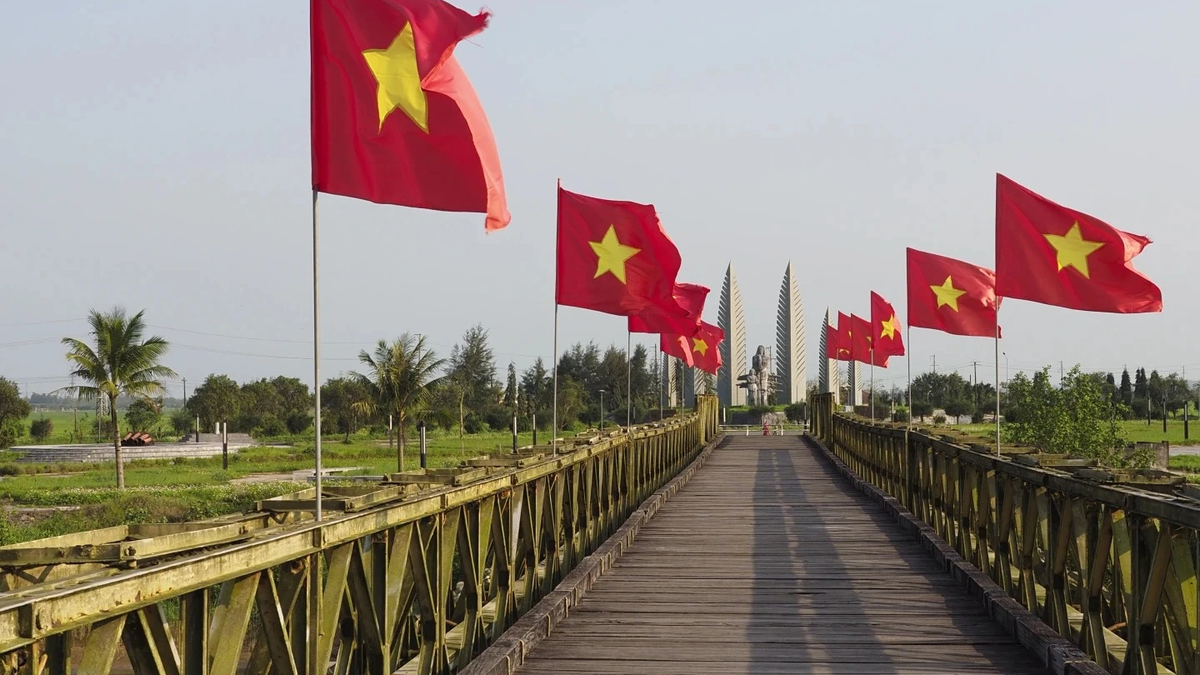
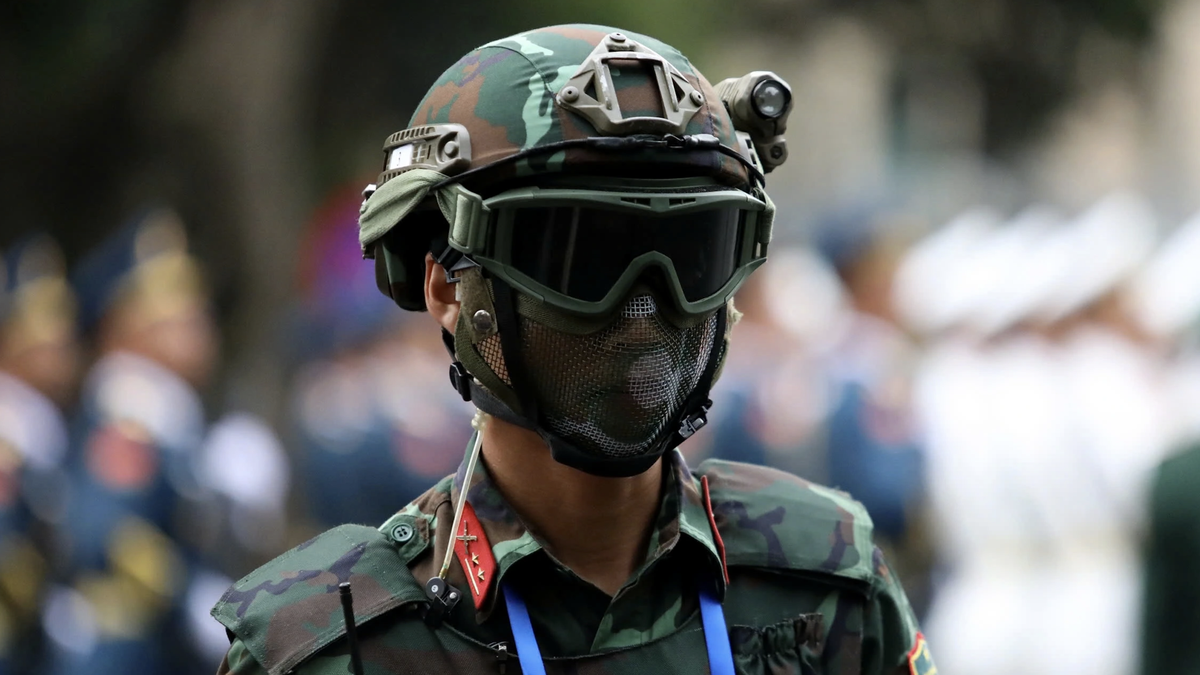
![[Photo] Chairman of the National People's Congress of China Zhao Leji begins official visit to Vietnam](https://vphoto.vietnam.vn/thumb/1200x675/vietnam/resource/IMAGE/2025/8/31/fcfa5a4c54b245499a7992f9c6bf993a)

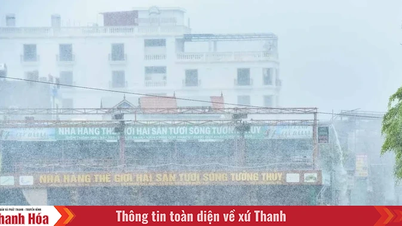
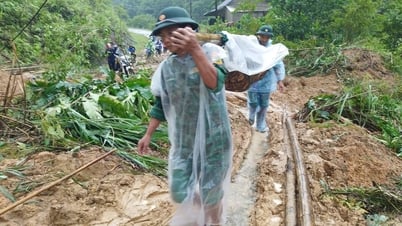

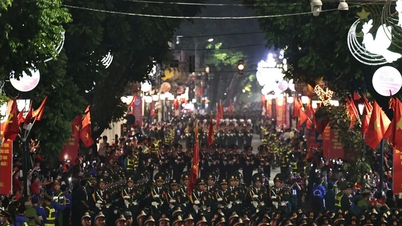

![[Photo] Following the soldier handling toxic chemicals left over from the war](https://vphoto.vietnam.vn/thumb/402x226/vietnam/resource/IMAGE/2025/8/25/74d8eb235bd64b389457fa2cfc785aac)

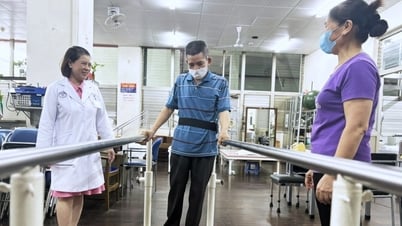


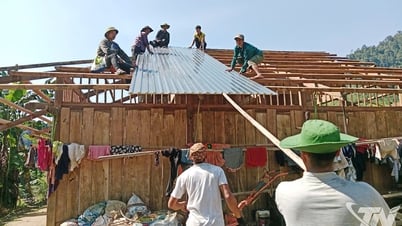

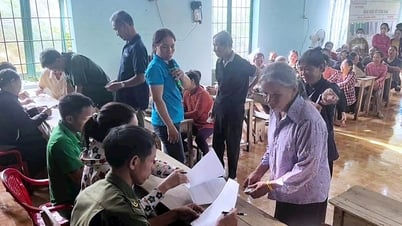

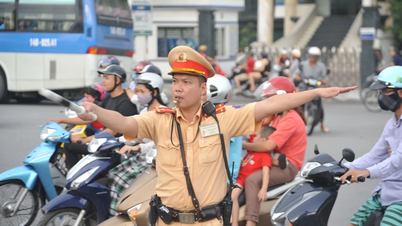

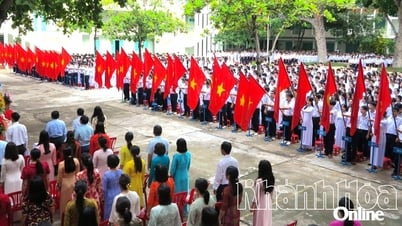

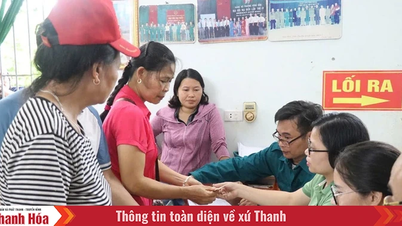
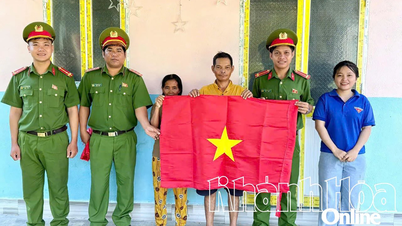




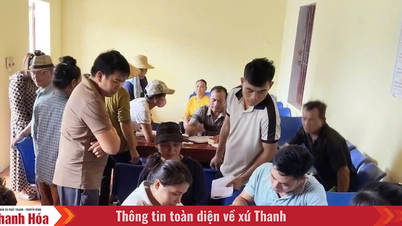
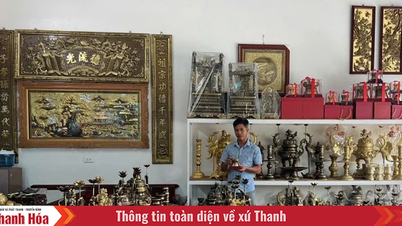
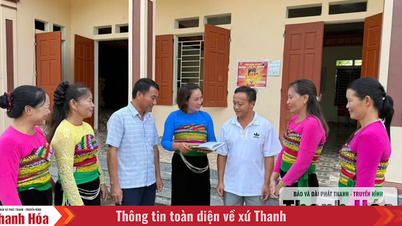
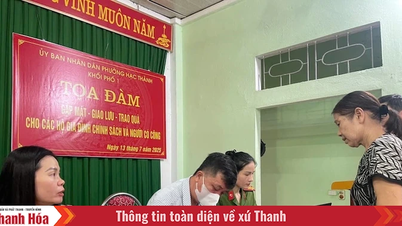
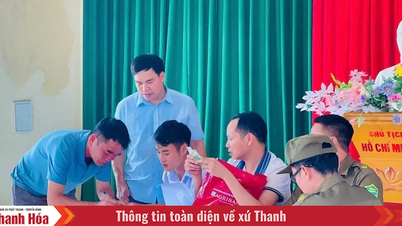
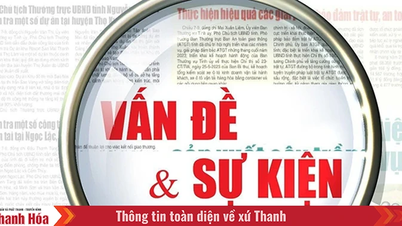
![[Photo] National Assembly Chairman Tran Thanh Man welcomes and holds talks with Chairman of the National People's Congress of China Zhao Leji](https://vphoto.vietnam.vn/thumb/1200x675/vietnam/resource/IMAGE/2025/8/31/9fa5b4d3f67d450682c03d35cabba711)



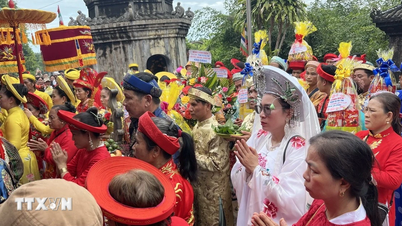

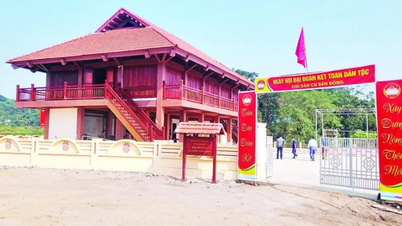



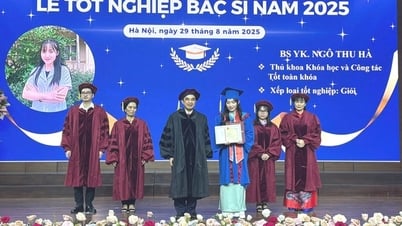

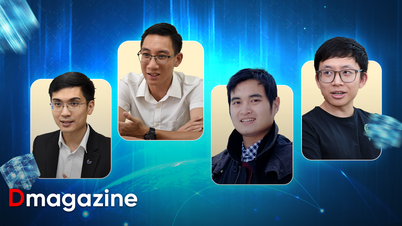
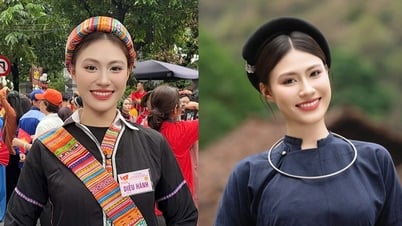
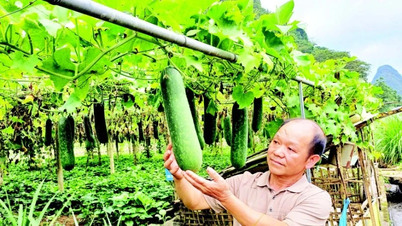
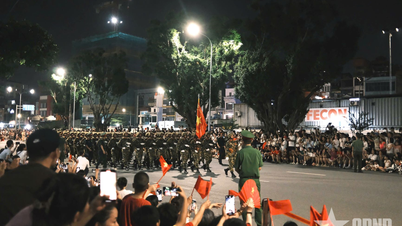

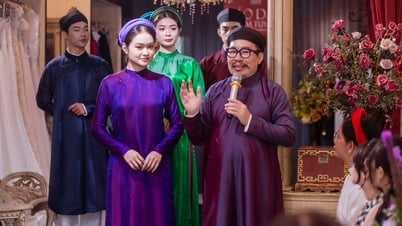












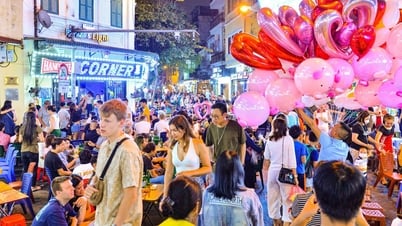
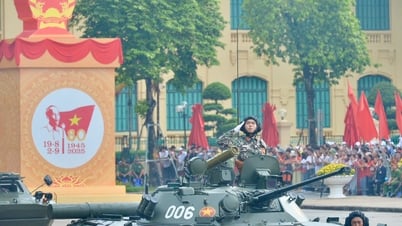






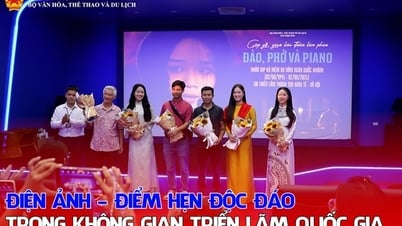
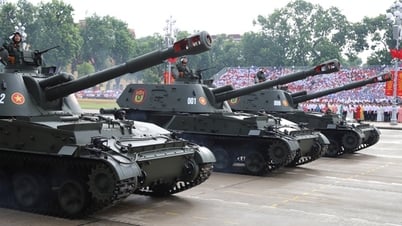

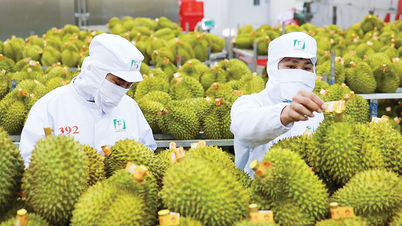

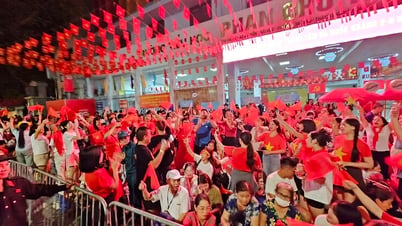

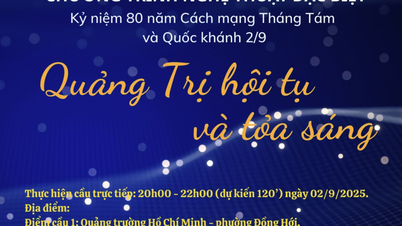
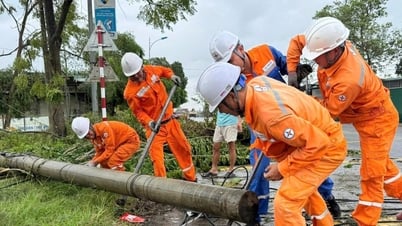


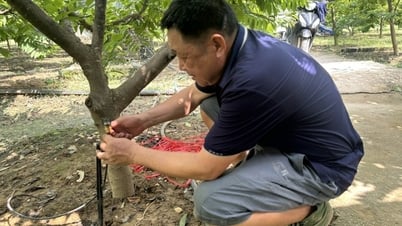

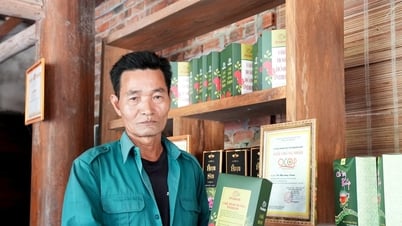
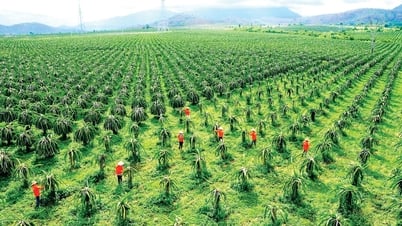

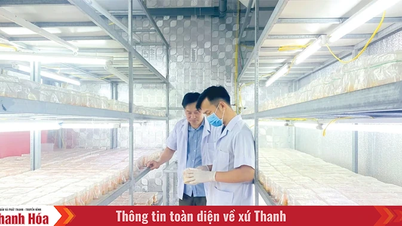



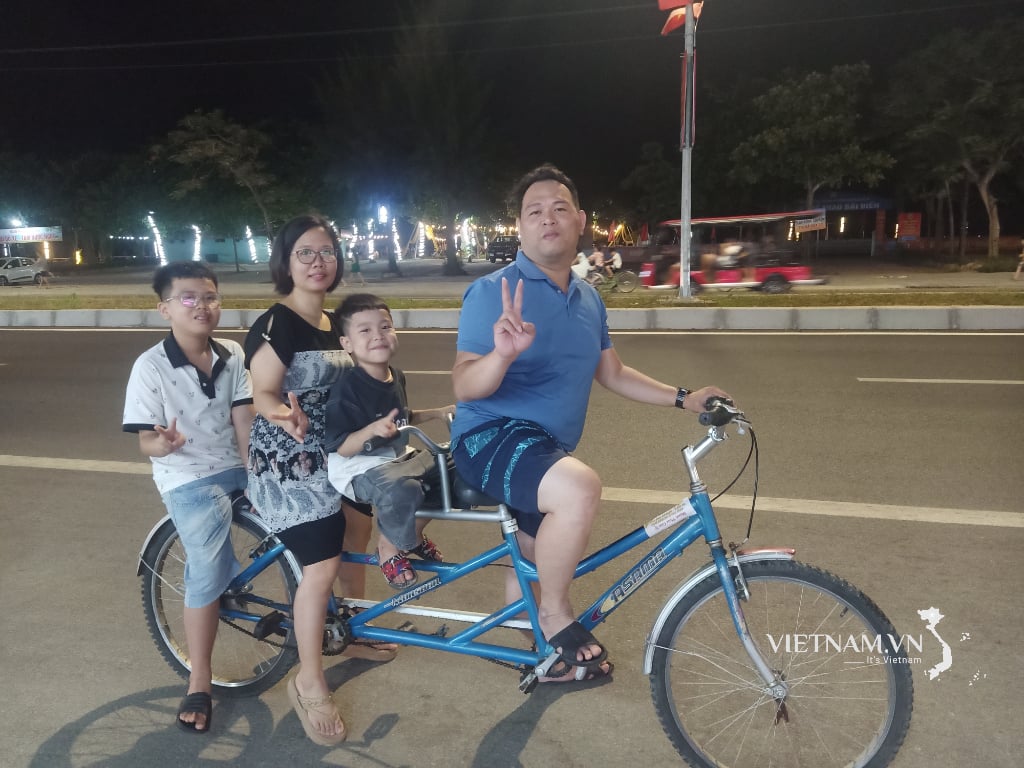
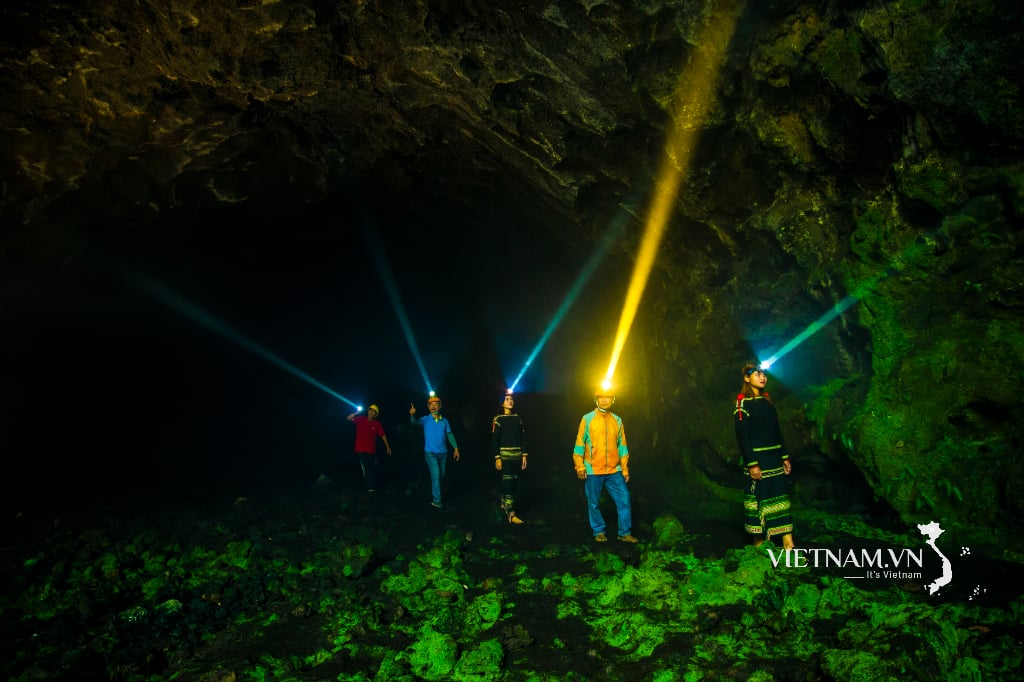
Comment (0)